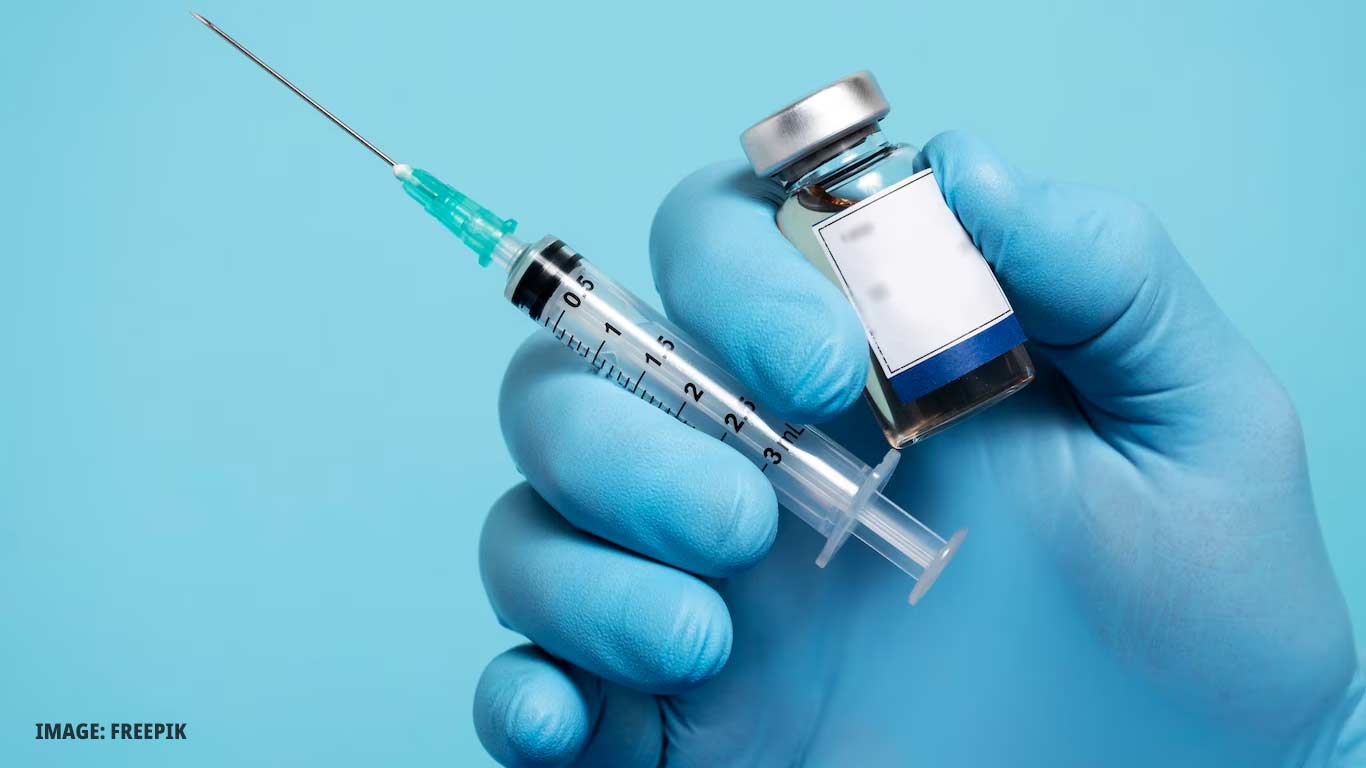In the field of global healthcare, India has achieved notable progress, especially in the areas of medicines, vaccines, and medical devices. Dr. Rajeev Raghuvanshi, the Drugs Controller General of India (DCGI), reports that eleven nations have formally acknowledged the Indian Pharmacopoeia as a benchmark for quality control. This is a significant accomplishment for India, a nation that supplies medical supplies to over 200 nations globally.
India is become a major force in the world pharmaceutical market. The government has authorized about 100 overseas clinical studies a year over the last five years, demonstrating the trust that the world community has placed in India’s regulatory framework. Dr. Raghuvanshi stressed that in order to keep up with international standards and integrate the newest technologies, India’s regulatory framework is always changing. For instance, India’s approval of cutting-edge medical technologies like mRNA vaccines and CAR-T cell treatment demonstrates the nation’s dedication to ongoing capacity growth and skill enhancement within its regulatory framework.
Along with these developments, the World Health Organization (WHO) has conducted a thorough evaluation of India’s National Regulatory Authority (NRA). It was discovered that the NRA complies with WHO worldwide requirements for vaccination regulation in conjunction with the Central Drugs Standard Control Organization (CDSCO). The WHO used its Global Benchmarking Tool (GBT) to evaluate India’s regulatory environment between September 16 and September 20. India’s vaccine regulatory system was deemed “functional” after this examination in all core regulatory areas, demonstrating the system’s maturity.
India is a significant vaccine manufacturer, home to 36 important manufacturing sites that supply vaccines to more than 150 nations in addition to the domestic market. India’s standing as a dependable vaccine supplier internationally has been strengthened by the WHO’s acceptance of its vaccination regulatory framework.
Furthermore, as evidenced by the clearance of innovative treatments and gadgets, India’s regulatory structure is adjusting to new technical advancements. India is positioned as a global leader in the pharmaceutical and vaccine industries because to this ongoing improvement, which is backed by WHO benchmarks and international recognition and guarantees that its regulatory standards surpass the highest international standards. The significance of India in the global healthcare arena can be attributed to a mix of factors such as a strong regulatory framework, multinational partnerships, and the adoption of sophisticated technologies.
SOURCE :
ECONOMIC TIMES








